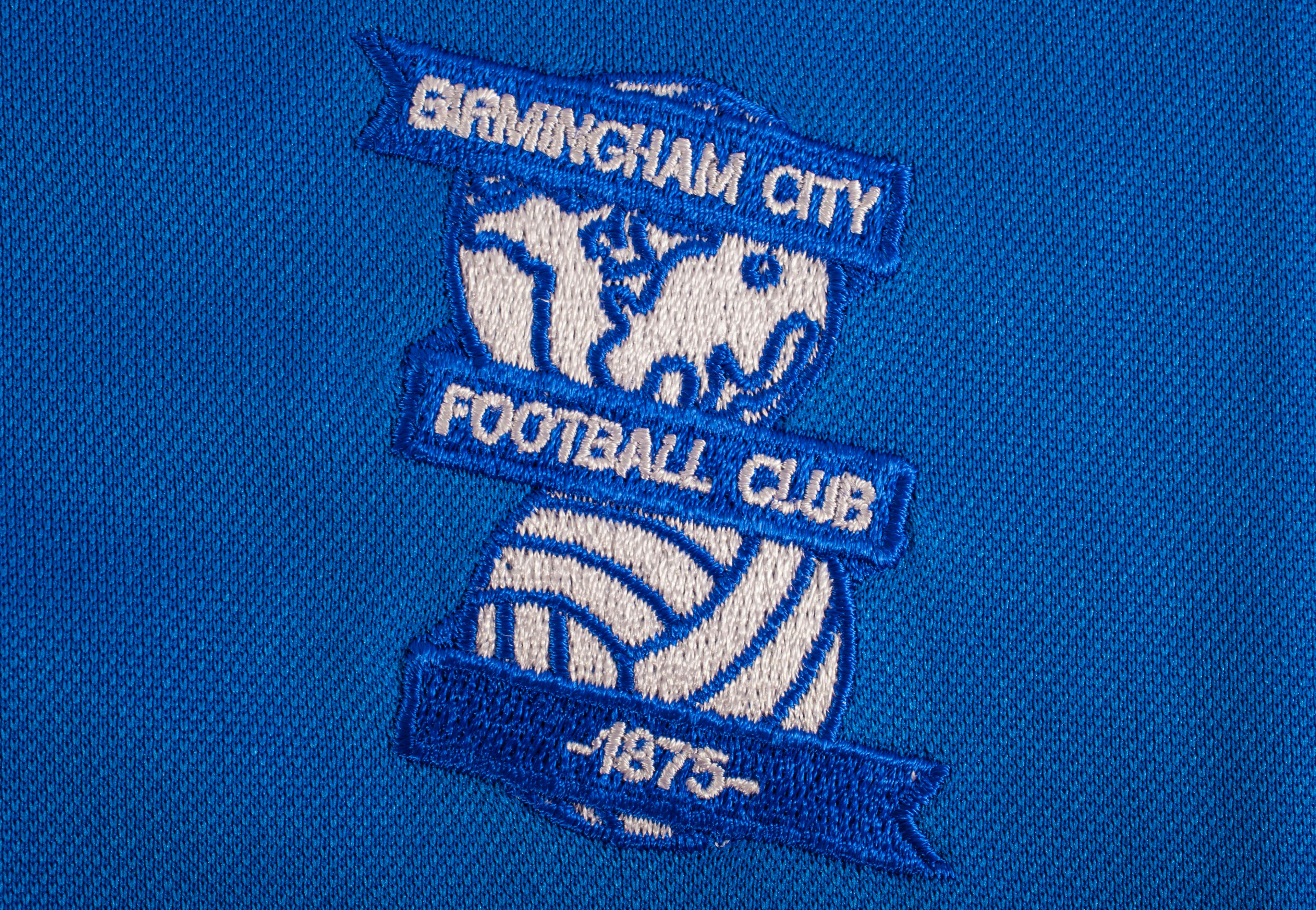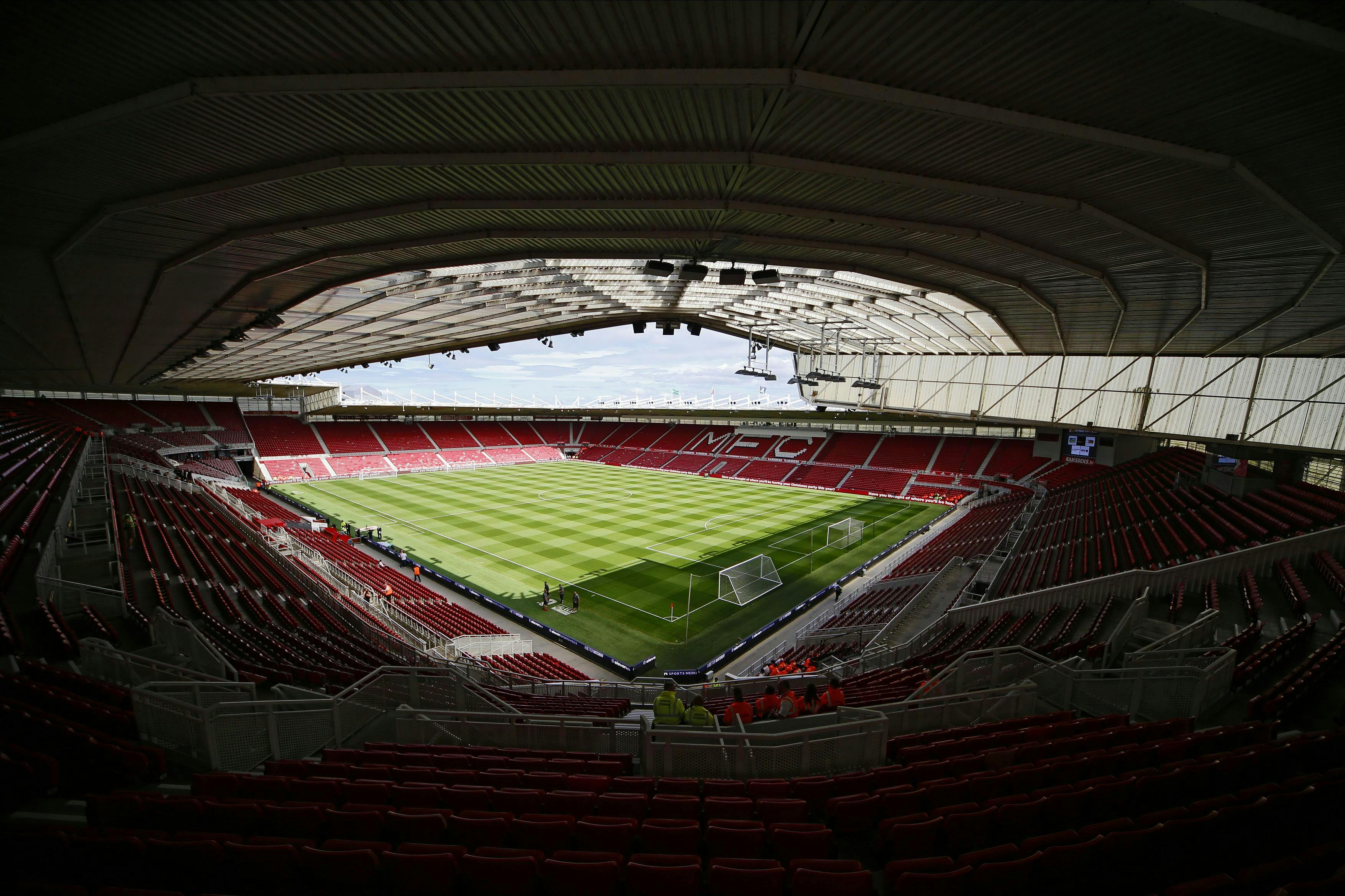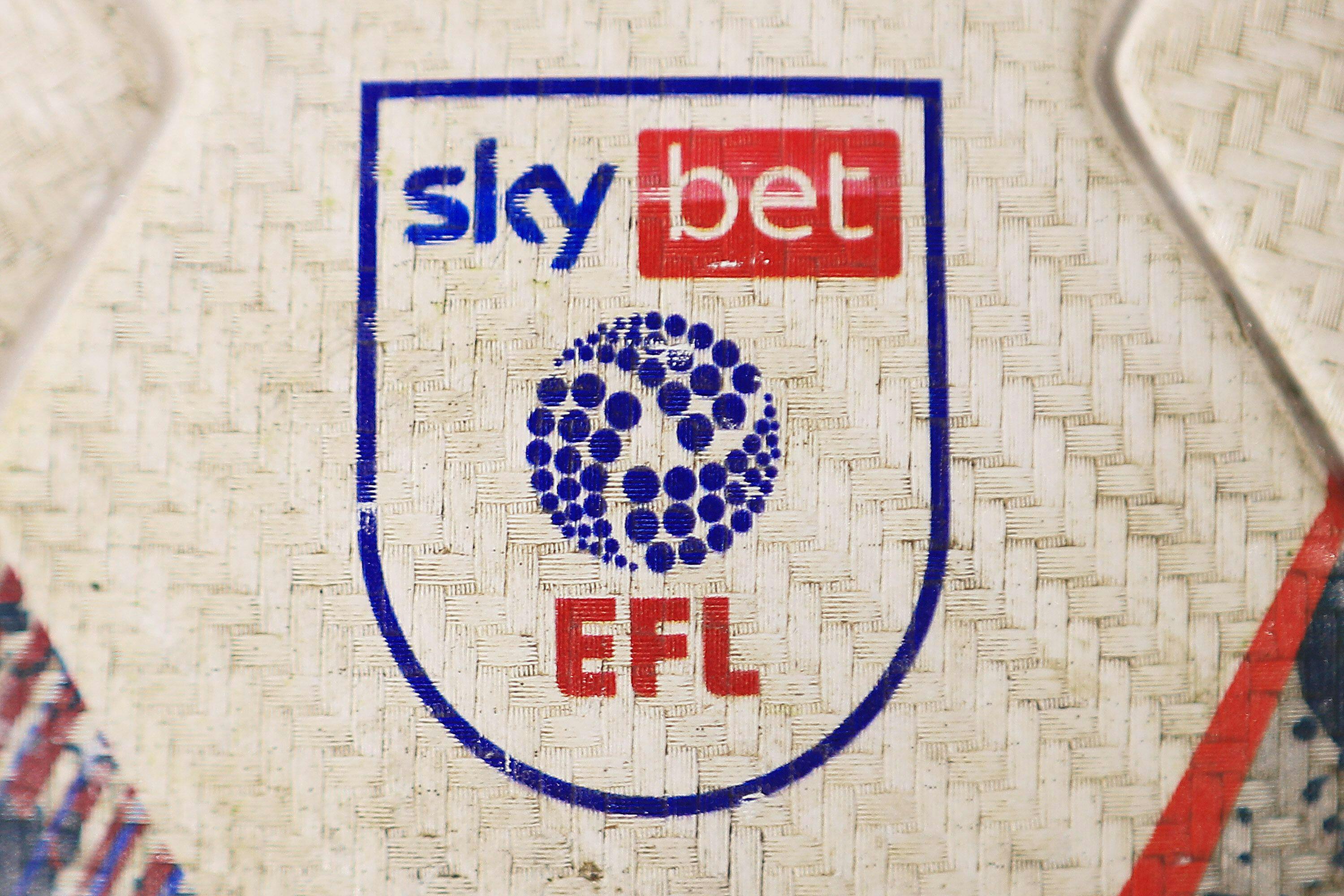The Championship is the second-highest level of football in England. In our Championship news section, you'll find insight into everything that's currently going on as well as betting insight to help you make predictions on individual games.
Bet Slip
Championship
Latest Championship news
Latest Championship News

Birmingham vs Watford: 53/1 Mega Bet Builder Tip 01/12/2025
Championship action is the showpiece on Monday night, as the festive fixtures begin for the month of December. All eyes will be on St.Andrews, as Birmingham City take on Watford, w...

Middlesbrough vs Ipswich Town: 65/1 Mega Bet Builder Tip 17/10/2025

Millwall vs Watford: 50/1 Super Bet Builder Tip 22/09/2025

Leicester vs Birmingham: 50/1 Super Bet Builder Tip (29/08/2025)

Leicester vs Sheffield Wednesday: 59/1 Super Bet Builder

Sheffield United vs Bristol City: 50/1 Super Bet Builder Tip 10/08/2025

Birmingham vs Ipswich: 100/1 Mega Bet Builder Tip

Football Accumulator Tips: 118/1 Epic Accumulator for the Championship 09/08/2025

Highest Scoring EFL Play-Off Finals
